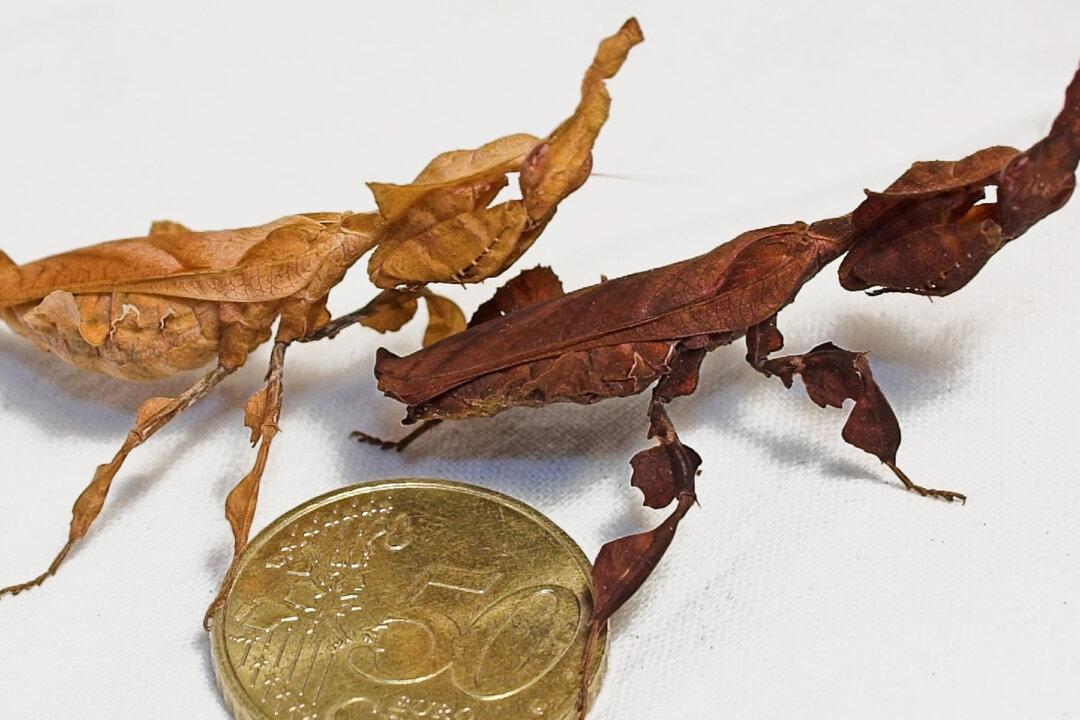As dieters around the world try to keep trim, natural alternatives to refined sugar have proliferated, but as a woman in London, England, found, what works for humans is oftentimes very different for dogs.
In October 2018, Kate Chacksfield went through every pet owner’s worst nightmare as her Hungarian Vizsla, named Ruby, managed to climb up on the counter and scrounge some brownies that she had made with xylitol, a natural sweetener derived from birch trees.




